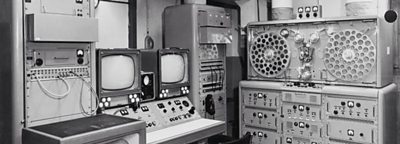Britain's first videotape recorder, VERA, was invented by the ����ý and unveiled on a live edition of Panorama on 14 April 1958. Richard Dimbleby introduced the technology before its effectiveness was demonstrated with a playback of the first few minutes of the programme, seemingly rewinding time.
There followed an interview with Peter Axon, who had led the development of the system in ����ý Research. Dimbleby - perhaps realising video's potential to transform television production - congratulated Axon on his achievement.
VERA stood for Vision Electronic Recording Apparatus. It was developed out of a wish for a recording device that allowed instant replay, which – unlike film – only had to be rewound before it could be used. The other great advantage of the system was that the tape could be re-used repeatedly, thus saving money over film in the long term.
VERA took six years to develop and recorded on half-inch tape running as fast as 200 inches per second. However, its triumph was short lived, as the delivery later that year of a machine from American manufacturer Ampex – which was demonstrably superior – sealed its fate.
Video technology came to be the dominant medium in television. The arrival of domestic video recorders in the 1970s gave consumers the power to record and watch programmes whenever they wanted. In today's digital world it is difficult to imagine how captivated viewers would have been by the first demonstration of VERA in 1958.
April anniversaries
-

Radiophonic Workshop founded
1 April 1958 -
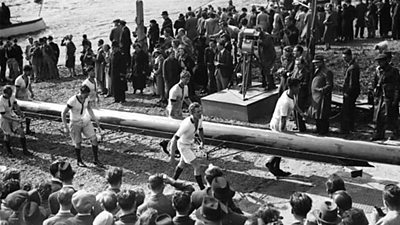
The Boat Race first televised
2 April 1927 -

The Family first episode
3 April 1974 -

The Good Life
4 April 1975 -

New radio branding
4 April 1970 -
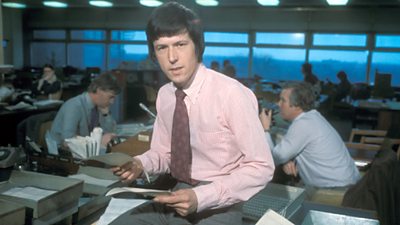
Newsround
4 April 1972 -
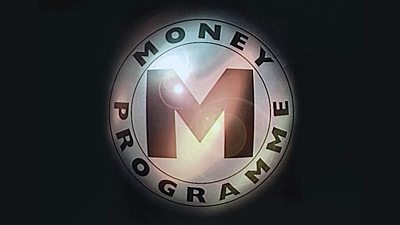
The Money Programme
5 April 1966 -

American Half Hour
6 April 1935 -
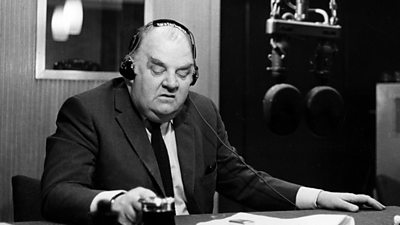
PM and The World Tonight
6 April 1970 -
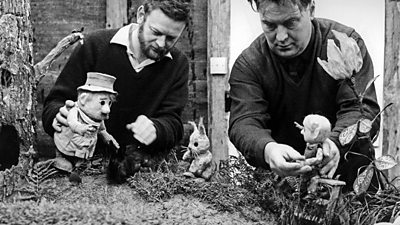
Pogle’s Wood
7 April 1966 -
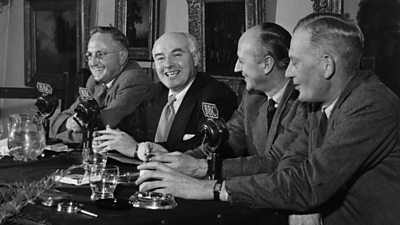
How Does Your Garden Grow?
9 April 1947 -

First episode of The Two Ronnies
10 April 1971 -
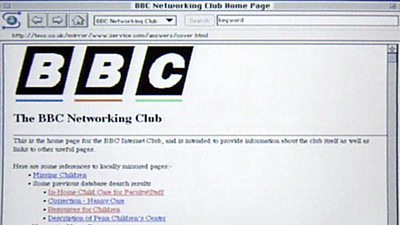
Launch of ����ý Networking Club
11 April 1994 -
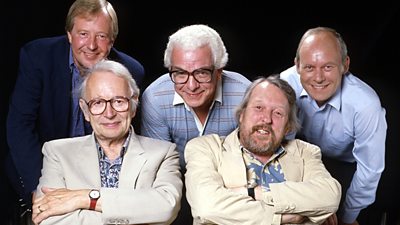
I'm Sorry I Haven't a Clue
11 April 1972 -

Blue Peter Royal Safari
11 April 1971 -

Citizen Smith
12 April 1977 -

Animal Magic
13 April 1962 -
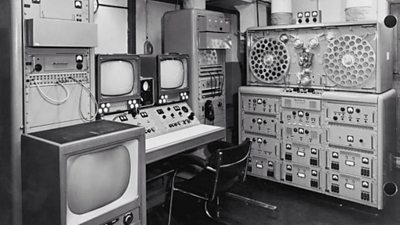
Demonstration of VERA Video Recorder on Panorama
14 April 1958 -
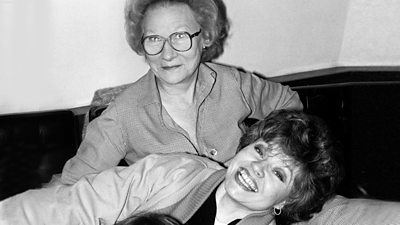
After Henry
17 April 1985 -
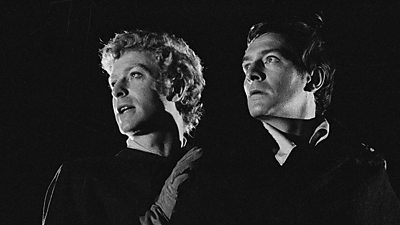
Hamlet at Elsinore
19 April 1964 -

First night of ����ý Two
20 April 1964 -

Play School
21 April 1964 -

First episode of Top Gear
22 April 1977 -
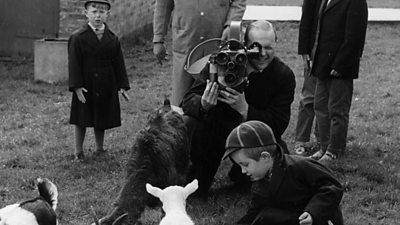
Children's Newsreel
23 April 1950 -
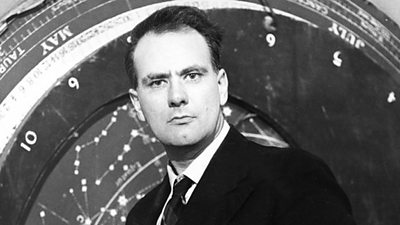
The Sky at Night
24 April 1957 -
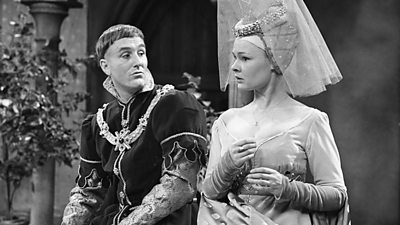
An Age of Kings
28 April 1960 -
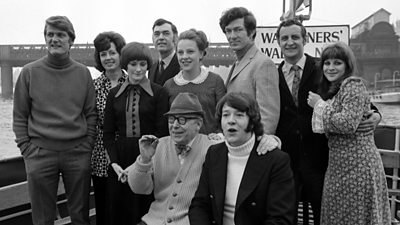
First Episode of Waggoners' Walk
28 April 1969 -

The FA Cup Final is first televised
30 April 1938
